Boris Johnson sets ambitious G7 target for vaccinating the world
Boris Johnson to urge G7 to adopt target of delivering one billion vaccines to developing nations.
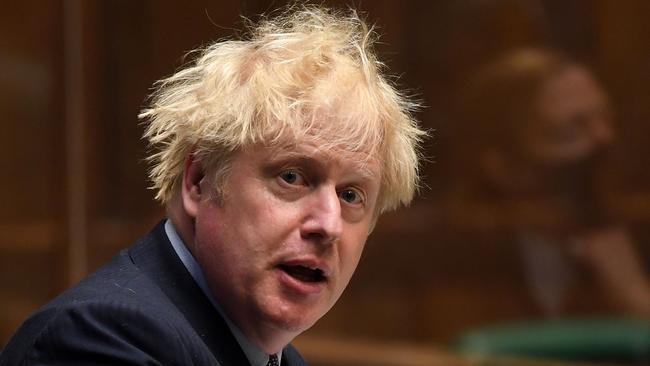
Boris Johnson will urge G7 leaders to adopt a target of delivering one billion vaccines to developing nations to inoculate the world for Covid-19 by the end of next year.
Writing in The Australian on Friday, the British Prime Minister says the G7 summit this weekend will “begin a new effort” to develop a vaccine for the next communicable virus within 100 days, down from 300 days during the Covid pandemic.
But infectious disease experts have warned Mr Johnson’s plan is unrealistic, although Chief Medical Officer Paul Kelly has backed the need for wealthy nations to “accelerate the spread of vaccines in developing countries”.
In contrast to Australia’s delayed rollout of Covid-19 vaccines, Mr Johnson writes that Britain and other countries are “inoculating their populations more swiftly than anyone thought possible. Now we must bring the same spirit of urgency and ingenuity to a global endeavour to protect humanity everywhere. It can be done, it must be done – and this G7 summit should resolve that it will be done.
“I want the G7 to adopt an exacting yet profoundly necessary target: to provide one billion doses to developing countries in order to vaccinate everyone in the world by the end of next year.
“Nothing like this has ever been tried, and if you doubt whether it can be done I would urge you to take heart from the unprecedented feats already achieved in the adversity of this pandemic.”
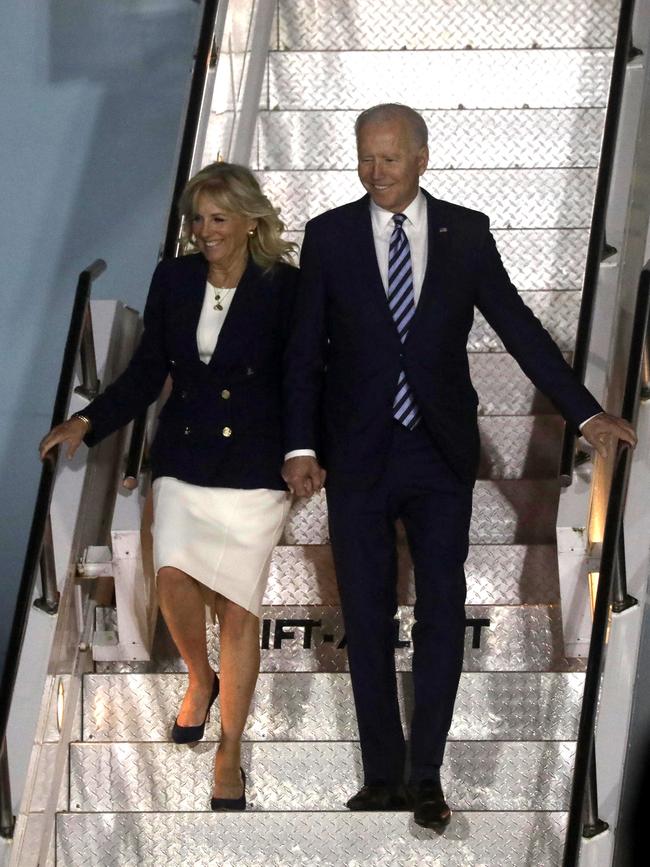
US President Joe Biden is expected to announce at the G7 summit in Cornwall, in England’s west country, a plan to donate 500 million Pfizer vaccines to about 100 countries this year. France, Germany, Italy and Japan have also donated doses.
Professor Kelly said the US donation would be “extremely welcome” and stressed the pandemic required a global response.
“It is going to take a long time at current rates to vaccinate the world, and it will take a huge commitment from developed and rich countries that have vaccine manufacturing capability to commit to share that with the whole world,” Professor Kelly said. “That is how we get out of this together.”
Mr Johnson writes that even if the world is inoculated for Covid by next year, it would “count for little if another lethal virus were to emerge and inflict disaster all over again. So we need to strengthen our collective ability to prevent another pandemic and provide early warning of future threats, including by creating a network of surveillance centres – a Global Pandemic Radar,” he writes. “Our scientists took just 300 days to crack Covid and produce the vaccines, but we need to be able to respond even more rapidly.
“This G7 summit will begin a new effort to accelerate the development of vaccines, treatments and tests for any new virus from 300 to 100 days.”
Australian National University physician Peter Collignon, an infectious diseases expert, said he did not believe a vaccine could be developed within 100 days without taking dangerous shortcuts. “It is one thing making the vaccine, which has been done fairly quickly. But you have then got to test it in large numbers of people and get those results back. And that takes many months,” Professor Collignon said.
“So I can’t see how 100 days, if you do proper safety and efficacy testing, is feasible … I don’t think that is a realistic expectation.”
Mary-Louise McLaws, an epidemiologist at the University of NSW, said the aim to vaccinate the world by the end of next year was “a wonderful goal to have but it is very difficult to achieve”.
Professor McLaws said she estimated it would take “at least two years” to vaccinate the world even if the pace of the US and Britain was replicated in every nation.
“And that is not going to happen. You are not going to be able to vaccinate about 1.5 million every day, in every country.”
Only about 2 per cent of Australians have been fully vaccinated, with a total of 5.49 million injections administered – well below comparable nations such as Britain and the US, where more than 40 per cent of the population is fully vaccinated. Coming under pressure over the pace of Australia’s rollout, Scott Morrison said Britain was registering 4000 cases a day despite its vaccination rates.
“There won’t be another G7 country sitting around the table that can say their economy is bigger than it was before the pandemic or there’s more people employed in their economy than before the pandemic,” the Prime Minister said. “South Korea can say that, but Australia’s position is even stronger than that.”


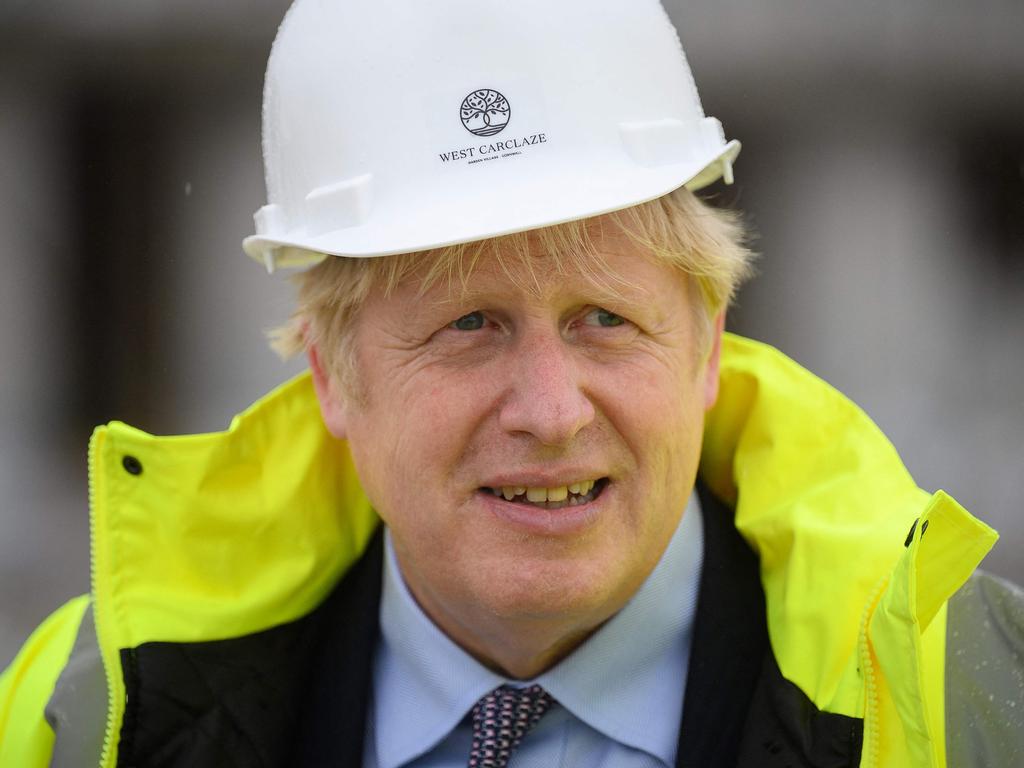
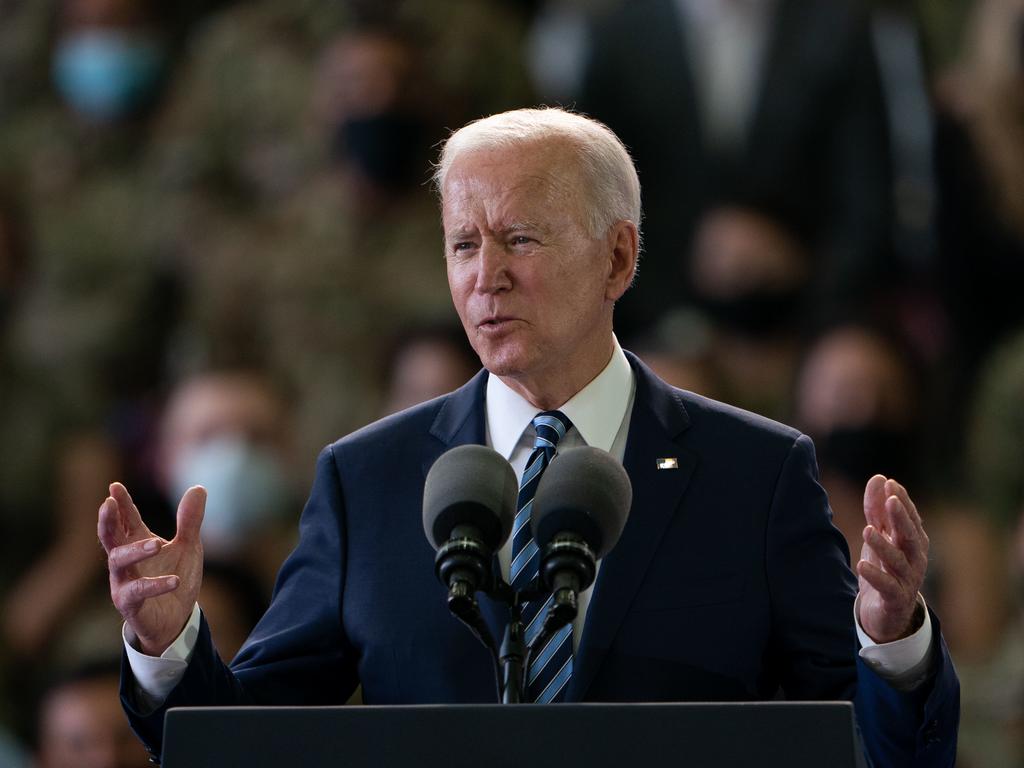
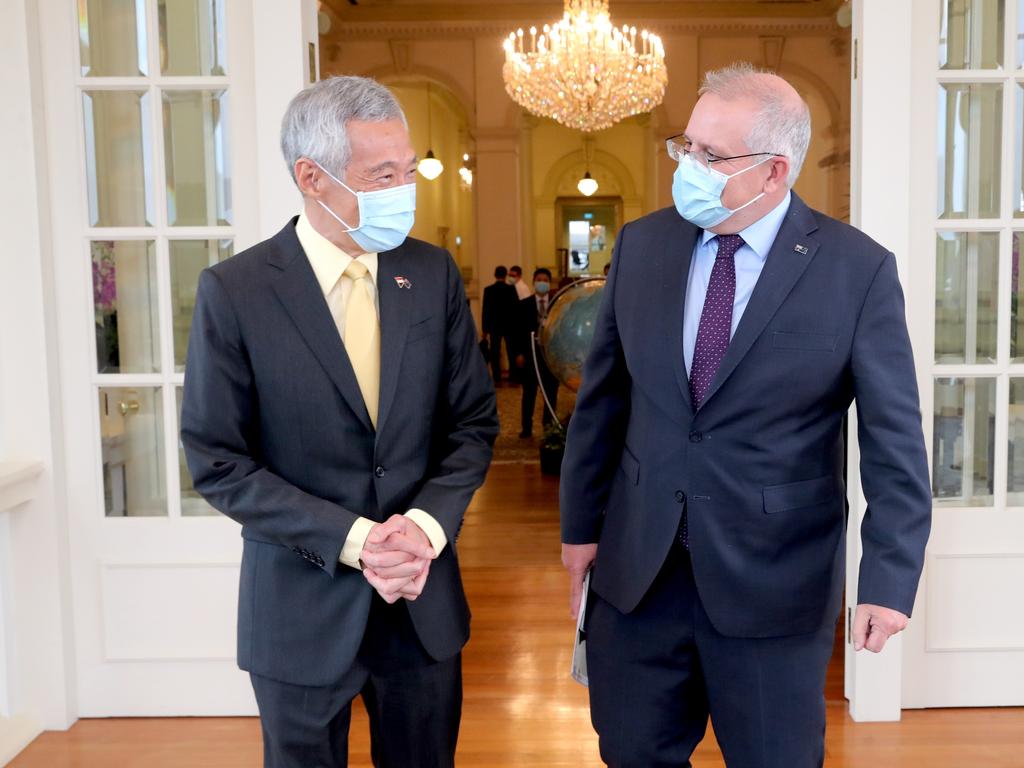
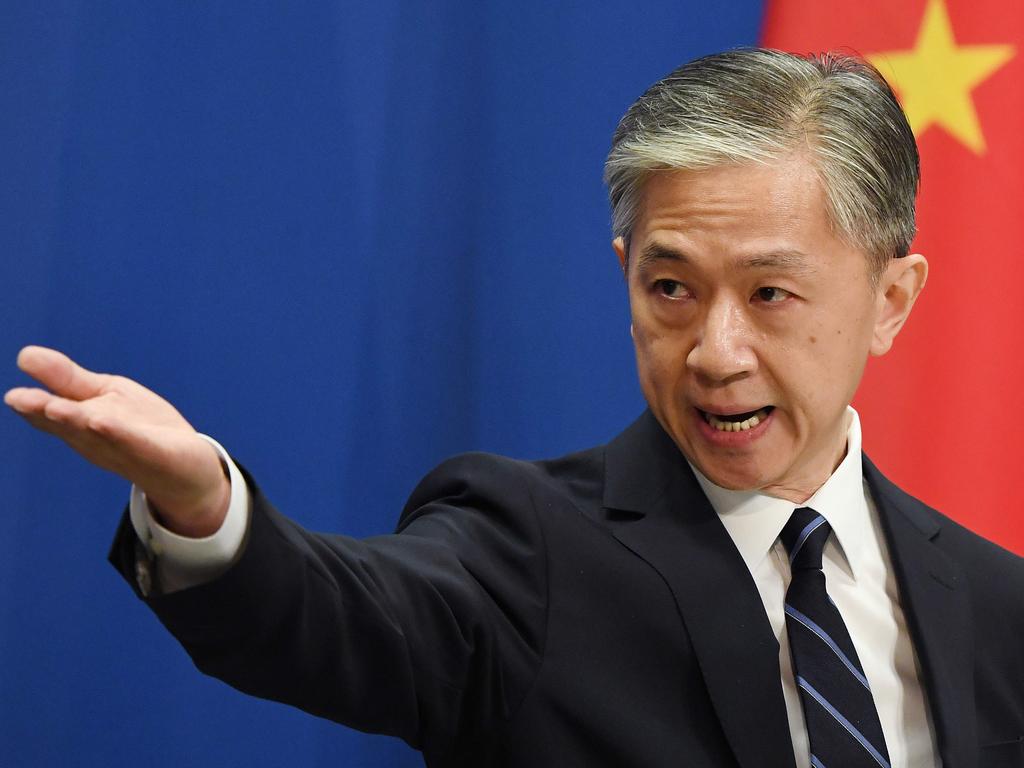


To join the conversation, please log in. Don't have an account? Register
Join the conversation, you are commenting as Logout